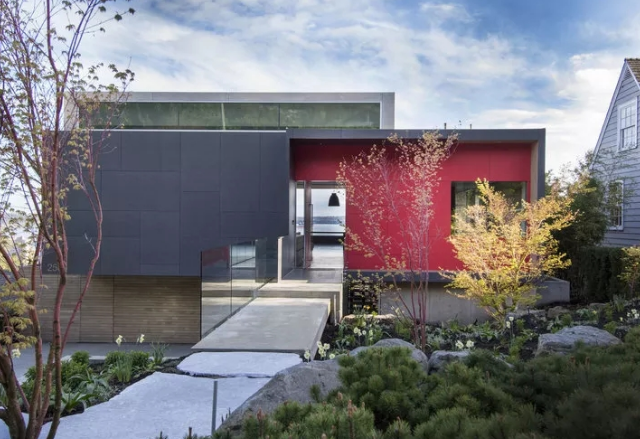- robin@wzhprefabhouse.com
- +86 159 3018 3507
Buying a container home can be an exciting and unique experience. However, it's important to approach the process with caution and avoid common mistakes that can lead to dissatisfaction or financial setbacks. Whether you're purchasing a pre-built container home or customizing one yourself, here are some common mistakes to avoid:
One of the biggest mistakes when buying a container home is not conducting thorough research. It's essential to educate yourself about the different types of container homes, their construction, building codes and regulations in your area, and reputable suppliers or builders. Take the time to understand the pros and cons, costs, and potential challenges associated with container homes. This research will help you make informed decisions and avoid unexpected surprises later on.
Another mistake is not establishing a realistic budget for your container home. Determine your financial capacity and consider all the associated costs, including the purchase or construction of the container, modifications and customization, permits, delivery, foundation work, utility connections, interior design, and any additional features or amenities you desire. By setting a clear budget from the beginning, you can avoid overspending and ensure a smooth financial process.
Many jurisdictions have specific building codes and regulations that apply to container homes. Failing to obtain the necessary permits or adhere to these codes can lead to legal issues and costly penalties. Before purchasing or building a container home, consult with local authorities to understand the requirements and ensure compliance. It's crucial to factor in the time and cost of obtaining permits and meeting building code standards in your budget and timeline.

The site where you plan to place your container home is a critical factor to consider. Neglecting site considerations can result in challenges during the installation or lead to issues later on. Assess the soil conditions, access to utilities, zoning restrictions, and any other site-specific factors that may impact the placement and installation of your container home. Engage with professionals, such as architects, engineers, or contractors, to evaluate the site and provide expert guidance.
While DIY container home projects can be appealing, it's important to recognize when professional assistance is necessary. Avoiding professional help can lead to design flaws, construction errors, and safety concerns. Depending on your level of expertise, consider involving architects, engineers, or experienced container home builders in the process. Their knowledge and experience can help you navigate challenges, ensure structural integrity, and create a functional and comfortable living space.
Container homes have unique spatial limitations, and it's easy to underestimate the space and design requirements for comfortable living. Before finalizing your container home design, carefully plan the layout, consider your lifestyle needs, and visualize how each space will be utilized. Ensure that you have sufficient storage, living areas, bedrooms, and any specific features you desire. It's advisable to consult with professionals or interior designers who specialize in container home design to optimize the available space and create a functional and aesthetically pleasing environment.
Buying a container home solely based on the lowest price can be a significant mistake. Quality should be a top priority to ensure a durable and safe living space. Avoid compromising on the quality of the container itself, as well as the materials used for modifications and construction. Choose reputable suppliers or builders who have experience in container home construction and can provide evidence of their workmanship and quality standards. Investing in a high-quality container home will save you money in the long run by reducing maintenance and repair costs.
While container homes offer flexibility, it's important to consider future expansion or potential resale value. Assess your long-term plans and evaluate whether the container home can accommodate any potential changes or additions. Additionally, consider the resale value of your container home should you decide to sell it in the future. Opting for a design and features that appeal to a wider audience can increase the marketability and value of your container home.
By avoiding these common mistakes, you can ensure a successful and satisfying container home buying experience. Remember to conduct thorough research, set a realistic budget, comply with permits and building codes, carefully evaluate site considerations, seek professional help when needed, plan for adequate space and design requirements, prioritize quality, and consider future expansion or resale value. With careful consideration and proper planning, your container home can become a comfortable, sustainable, and unique living space.
Online Service